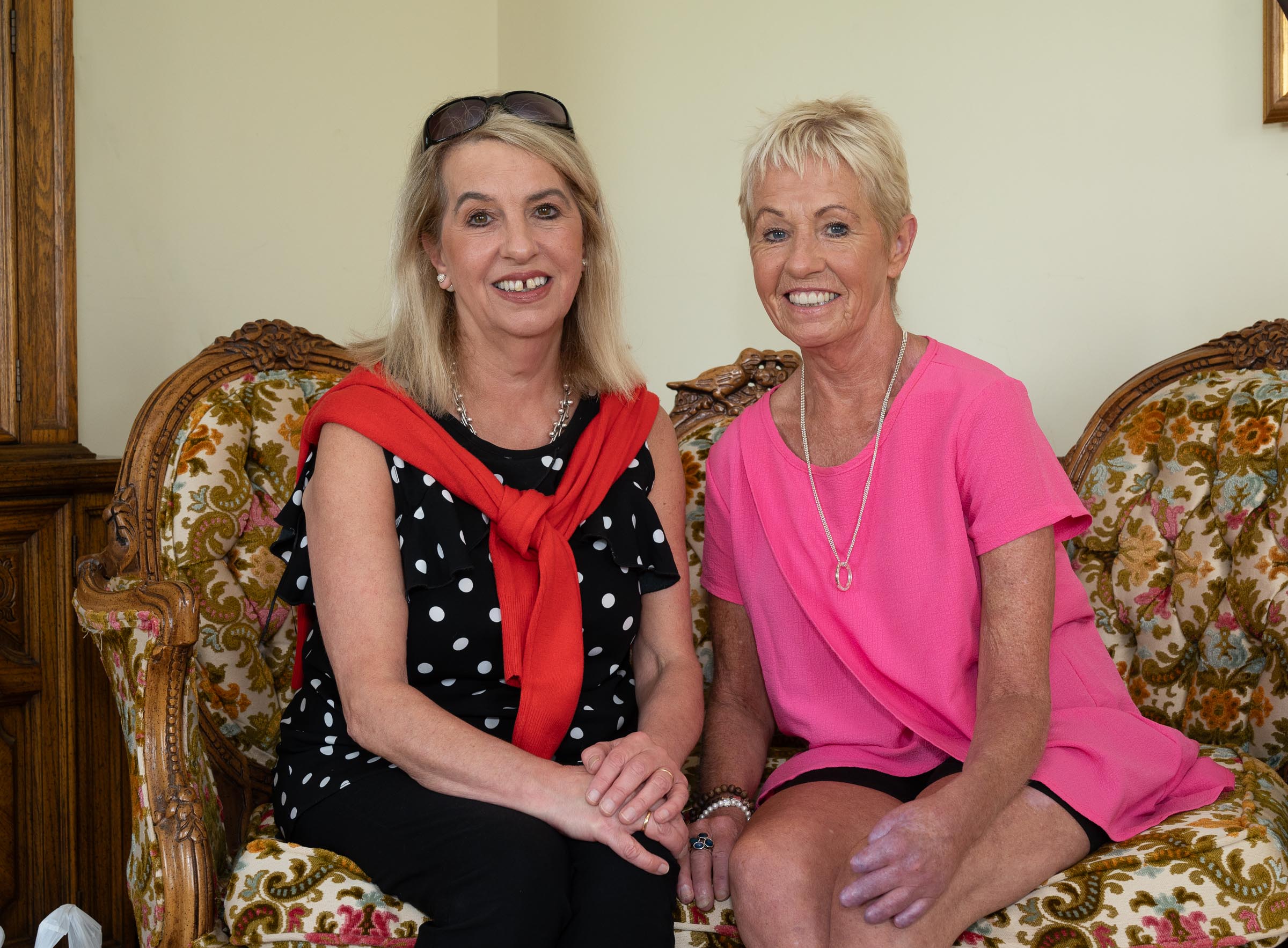Read this with minimal ads our Mobile Apps! iOS – Click Here | Android – Click Here
- As World Sepsis Day Looms, a Local Family Shares Their Harrowing Experience to Educate Others on the Silent Killer
With World Sepsis Day just around the corner, a Donegal family is urging the public to familiarise themselves with the signs and symptoms of sepsis, a life-threatening condition that can escalate with alarming speed. Moninne Bradley, a resident of Killygordon in Co Donegal, survived a near-fatal encounter with sepsis last year, thanks to the swift intervention of her sister, Nurse Orla Noonan.
A Battle with Infection Turns Dire
Moninne had been grappling with an infection for several weeks and was under medication. She mistook spots on her throat as a side effect of antibiotics and was prescribed tablets for thrush by her GP. Despite feeling unwell, she continued her daily routine, including going to work.
However, her condition took a turn for the worse. “I spent the entire night vomiting,” Moninne recalls. Her sister Orla, who works at Letterkenny University Hospital, was shocked by the rapid deterioration. “She had gone downhill so quickly. She was agitated, shaking, and exhausted,” said Orla.
Quick Action Saves a Life
Orla immediately contacted emergency services and Moninne was rushed to Letterkenny University Hospital. She was later transferred to University Hospital Galway as her condition worsened. “At one point, they felt they would have to amputate her arm,” Orla remembers. After 14 days in ICU, Moninne began to recover, albeit with lasting effects including renal failure and loss of the tips of her fingers on one hand.
The Importance of Awareness
“I had heard of sepsis but had no idea how quickly it could hit you,” Moninne said. She credits her survival to her sister and the medical teams in both hospitals. “I want to make sure other families have the knowledge when it comes to sepsis,” she added.
Siobhan Kelly, Sepsis Lead at Letterkenny University Hospital, emphasised the urgency of early detection. “Sepsis is a common, time-dependent medical emergency. Early recognition and timely referral to critical care can have a major impact,” she said.
Paul Hooton, Chief Director of Nursing at Saolta Hospital Group, also stressed the importance of public awareness. “Sepsis is a silent killer. Prompt recognition of the condition and treatment will save lives,” he said.
Know the Signs
Sepsis can manifest through various symptoms, including confusion, difficulty breathing, and severe muscle pain. In 2021, over 13,000 patients received treatment for sepsis in Irish hospitals. For more information on sepsis and its symptoms, visit hse.ie/sepsis.
For immediate concerns related to sepsis symptoms, call 999 or 112 or go to an emergency department.

